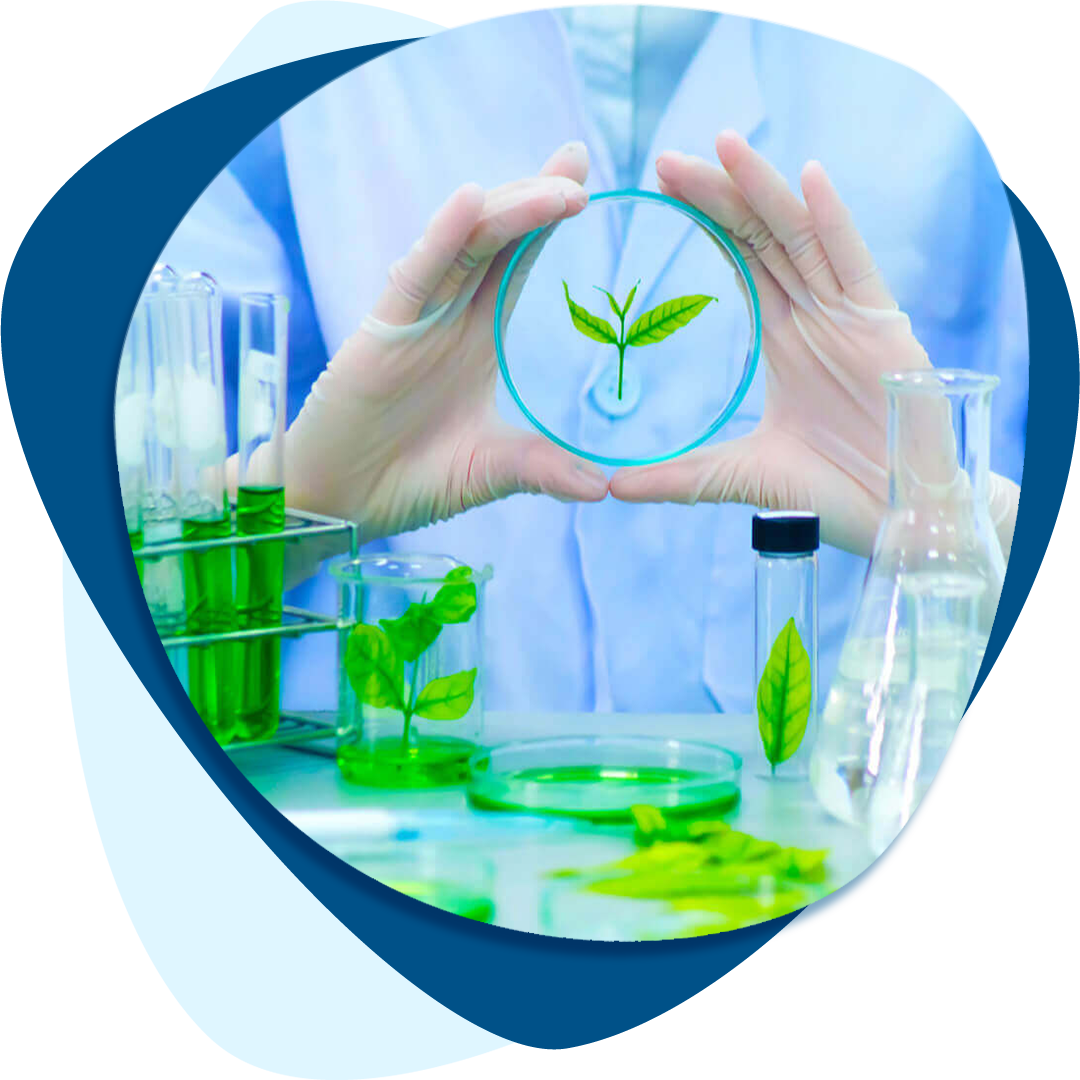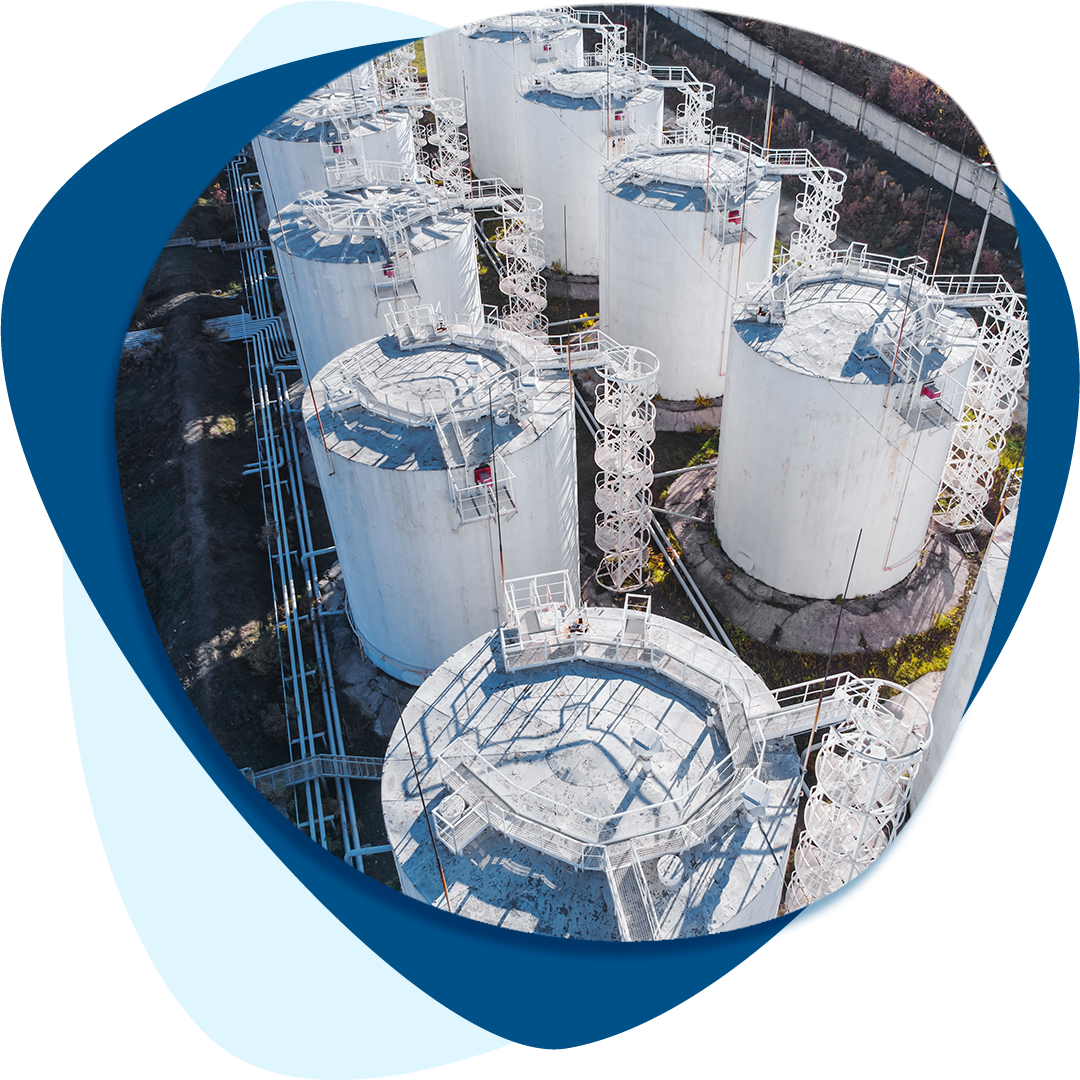Sustainable Development Goals
Sustainable Development Goals (SDGs) by the United Nations are an ambitious set of goals developed with the idea of ‘Leaving no one behind.’
These wide-ranging multi-stakeholder goals are targeted for achievement by 2030. As an organization with ‘TRUST’ at the heart of our philosophy, Sajjan adheres to the SDGs through various processes and philanthropic activities.
Our Recent Activities To Support Sustainable Development Goals
Conserving Natural Resources
In a resource-scarce world that is increasingly vulnerable to climate change, sustainability has emerged as the way forward and a critical business imperative. We at Sajjan are committed to using a science-based approach to sustainably achieve our business performance goals.
Our vision is to bring our partners, customers, and suppliers together to create more innovative solutions to augment our purpose of ‘TRUST’ in people, nature, and the Planet.
Strategic Focus Areas
We continuously work towards improving energy efficiency across operational locations and enhancing the proportion of renewable energy sources in the total energy mix. We have reduced our Scope 1 emissions caused by diesel, natural gas, and furnace oil (residual fuel oil) consumption by using alternative fuels and enhancing energy efficiency.
Sajjan is dedicated to increasing its use of solar, wind power, and biofuels wherever possible.
Energy management is critical to the natural capital agenda at Sajjan. Energy consumption is one of the largest sources of GHG emissions. Our energy management strategy involves the following:
- Improving energy efficiency across our operations through awareness and monitoring
- Adopting new technology
- Implementing measures to retire inefficient software and equipment
- Enhancing the proportion of renewable sources in the total energy consumption mix.
Our approach to water neutrality rests on three pillars: to reduce the usage of fresh water, enhance the use of rainwater and treated water, and support our communities through water conservation programmes.
Across our facilities, we have implemented the 5R approach (reduce, recover, recycle, reuse and recharge) for the responsible use of water.
- Reduce – use of low-loss aerators, pressure reduction orifices, and reduction practices in the manufacturing process
- Recover – RO project water used in utilities such as cooling towers
- Recycle – wastewater generated is treated in ETP, and 32% of this water is reused
- Reuse – reuse of domestic effluents for scrubber, watering vacuum pump, and gardening
- Recharge – installation of rainwater harvesting system and recharging groundwater sources
According to the WHO, 15% of the total waste generated by healthcare activities is considered hazardous material and requires safe handling. Sajjan has consistently scaled up our waste management practices by reducing generation quantities and directing waste to authorised Treatment, Storage, and Disposal Facilities (TSDF). We are increasing the share of recycling and co-processing to minimize the waste disposed of in landfills.
One of the unintended results of production is that the waste generated can find its way back into the environment. We remain committed to sustainable management of our post-consumer plastic waste through various stakeholder partnerships and mechanisms for converting waste to value.
The first approach for waste reduction is at the source, where initiatives aim to reduce secondary packaging waste. Secondly, managing post-consumer primary waste, i.e., waste generated by the customer end of product use is a challenge we are committed to.
Global warming is causing long-lasting changes in our ecosystems. By 2030, an estimated ~1 billion people globally will be affected by the aggravated and triggered climate change. Climate change impacts various health outcomes, such as cardiovascular illnesses, waterborne diseases, and infectious and contagious diseases.
Climate change also poses a business risk to operations and physical assets.
Yet, it also presents an opportunity for the chemicals sector to rise responsibly to the health challenge by supplying speciality chemicals that are affordable and available.
At Sajjan, we monitor and analyse our environmental performance robustly.



